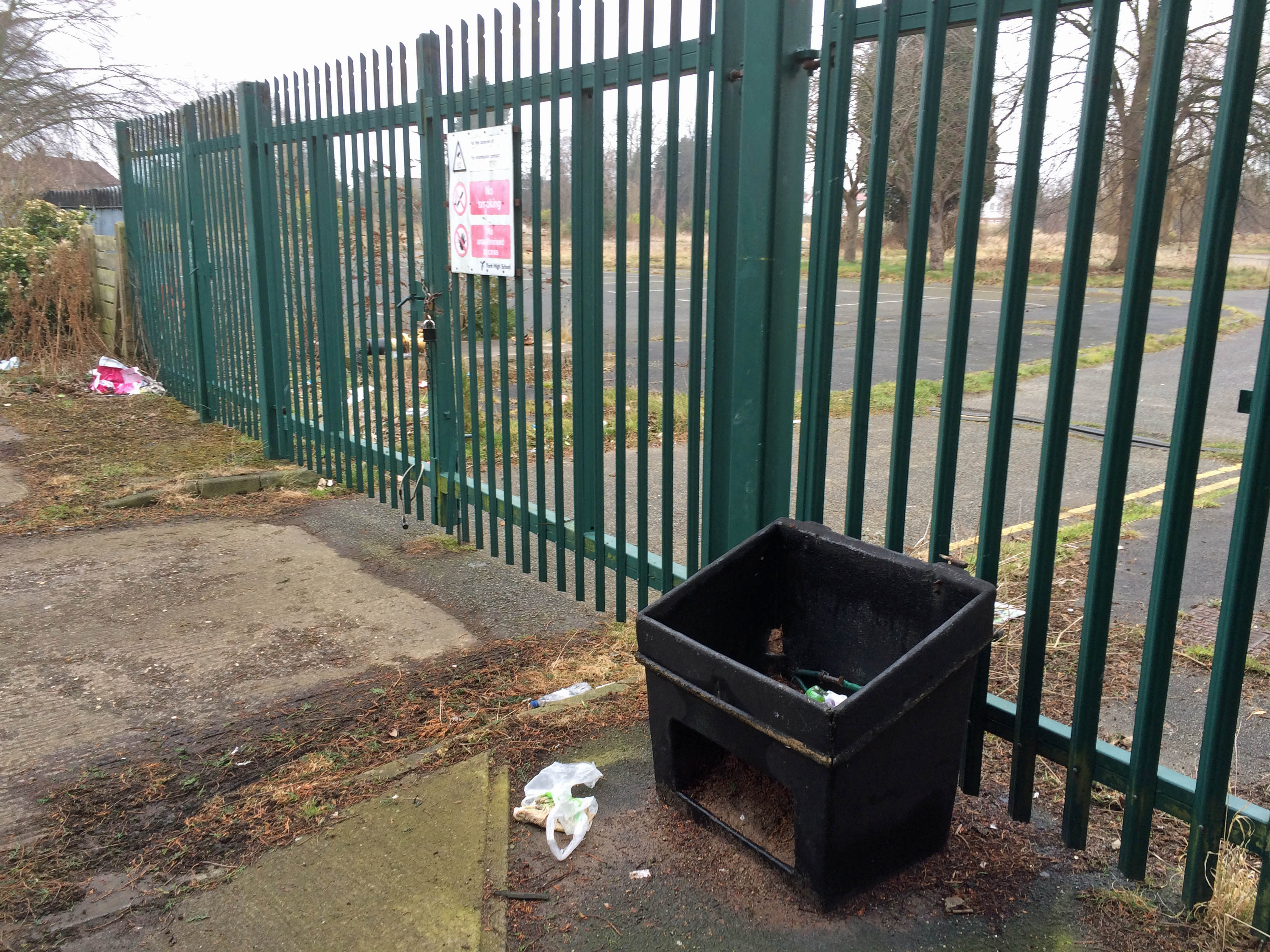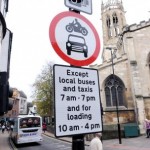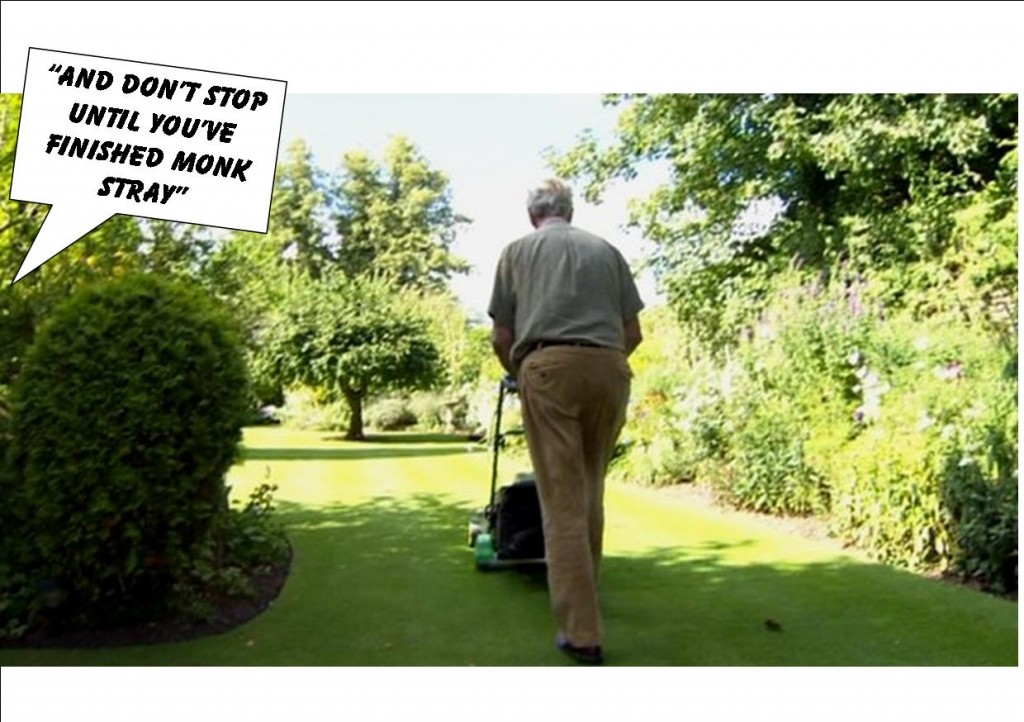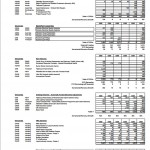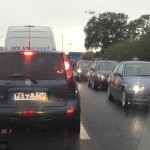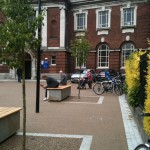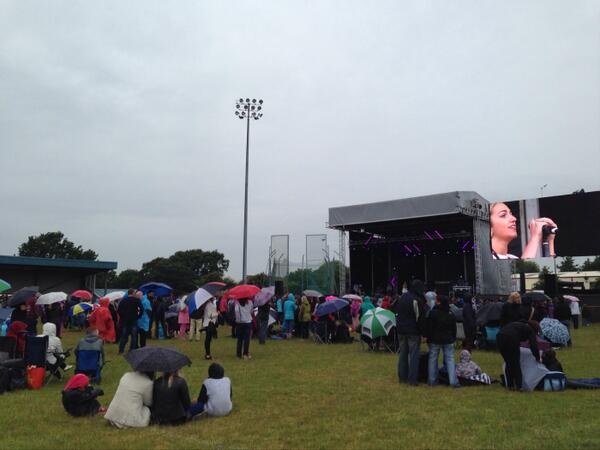No attempt made to gain broad based support
Papers published this week give details of a Congestion Commission (CC) which is supposed to plot a way forward for transport policy in the City. It will cost taxpayers around £130,000.
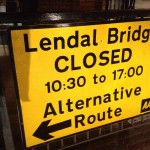
Lendal Bridge closure went on for 8 months costing taxpayers over £1 million
The origins of the “Commission” are the lamentable failures of the present Council’s transport polices which culminated in the Lendal Bridge fiasco. When the extent of the failure of that “trial” became apparent it was abandoned and proposals for a “Commission” were hastily unveiled. The, now unseated, Leader of the Council, had a penchant for “Commissions” which sounds grander than a policy review (which is effectively what the proposal is).
Labour and Green Councillors then voted not to review how and why the Lendal Bridge trial had gone so badly wrong.
One previous Commission (the Fairness Commission) failed simply because it didn’t attempt to attract all party support. A former Labour Councillor was even parachuted in to be the chair of that organisation.
The terms of the new Congestion Commission are similarly being bounced onto opposition Councillors, more or less guaranteeing an atmosphere of distrust if not downright hostility from day 1.
A sensible approach would have been to publish the proposed terms of reference of the Commission and invite comments. If a mixture of lay people and Councillors were considered to be necessary, then the skills required (as have been suggested in the report) could also have been discussed.

Blossom Street/Station Rise remodeling has been a success. But Council is failing to maintain car park space availability signs
Only after a consensus on these issues had been achieved, could approaches be made to individuals who might contribute.
Instead Labour have published their preferred choice for Chair of the Commission – effectively daring non Labour Councillors to come up with alternatives. That will place the prospective “Chair” in a difficult position.
The other issue is, of course, one of timing.
There is both a General Election (which will help to determine how much money will be available to be spent on transport across the UK) and “all out” Council elections (at which York residents will have the opportunity to give a verdict on the current Councils transport mishaps) taking place on May 7th.
The result’s of both elections will have a major impact on the amount of money that York has to spend on transport and the priorities of York residents.
Each party will publish a manifesto and – at least at the Local Elections – residents will vote for the package that they most favour.
It almost beggars belief that the draft timetable for the CC specifies the 6 weeks leading up to the elections on May 7th as the period when “written submissions” will be invited.

Successful Park and Ride electric buses
Work should have been going on now for 6 months monitoring actual traffic volumes against forecasts.
At least until recently, traffic levels in the City were actually below 2008 levels. This was partly a result of the economic downturn.
Prior to that congestion levels had been stable for over 15 years. That did not happen by accident.
It was partly due to car drivers choosing to make journeys at off peak times and partly due to Council policies such as Park and Ride and encouraging cycling/walking.
The default position is not as some claim “do nothing”. The base position is “do more of what has been successful if the past”. Add in technology change, which should reduce unnecessary mileage, and you have the makings of a solution.
We have grave doubts about whether the Congestion Commission is the way forward.
If it is, then its work should start in June when the political background will be much clearer.


